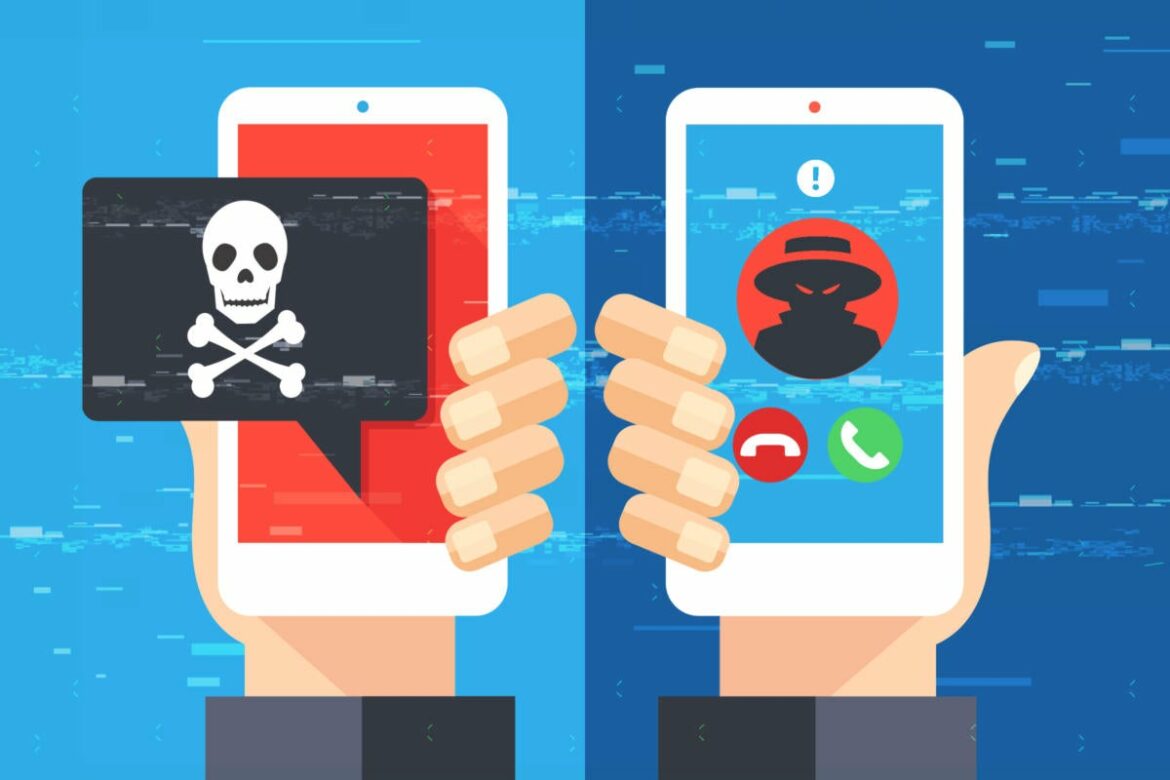Phone Phishing
Phone phishing, also known as vishing or voice phishing, is a type of fraud that uses telephone calls to attempt to gain access to confidential information. It is similar in concept and execution to email phishing, but instead of using emails as the attack vector, attackers use phone calls. Phone phishers typically try to get victims to reveal personal data such as credit card numbers and passwords by pretending they are from a legitimate organization.
The first step for an attacker when conducting a phone phish is usually research on potential targets. This would involve gathering information about the person or company being targeted either through publicly available sources or social engineering tactics like calling customer service representatives from other companies and posing as someone who works at the target firm. Once they have gathered enough information on their target(s), they will start making unsolicited calls in order to initiate contact with them.
Once contact has been established, the attacker will try different methods of convincing the victim into providing sensitive data such as trying to scare them into believing something bad might happen if they don’t provide it (e.g., “We need your credit card number in order for us not freeze your account”). Other common techniques include offering free services or products if they provide their details and pretending that there was some sort of problem with their account which needs verification before it can be fixed . In general though, any attempt by an unknown entity asking for sensitive information should always be considered suspicious no matter how persuasive the argument may seem at first glance.
To protect against these types of attacks , users should never give out financial details over the phone unless it’s absolutely necessary and only after verifying who exactly you are speaking with . If possible , ask for more identifying information than just name (such as employee ID) so you know you’re talking with someone authorized within that organization . Additionally , never respond directly via email – this could easily lead scammers gaining access into your system . Furthermore , consider setting up two-factor authentication on all accounts requiring extra security measures like banking websites or cryptocurrency exchanges where large sums of money could potentially be lost due theft attempts such as these ones described previously .


